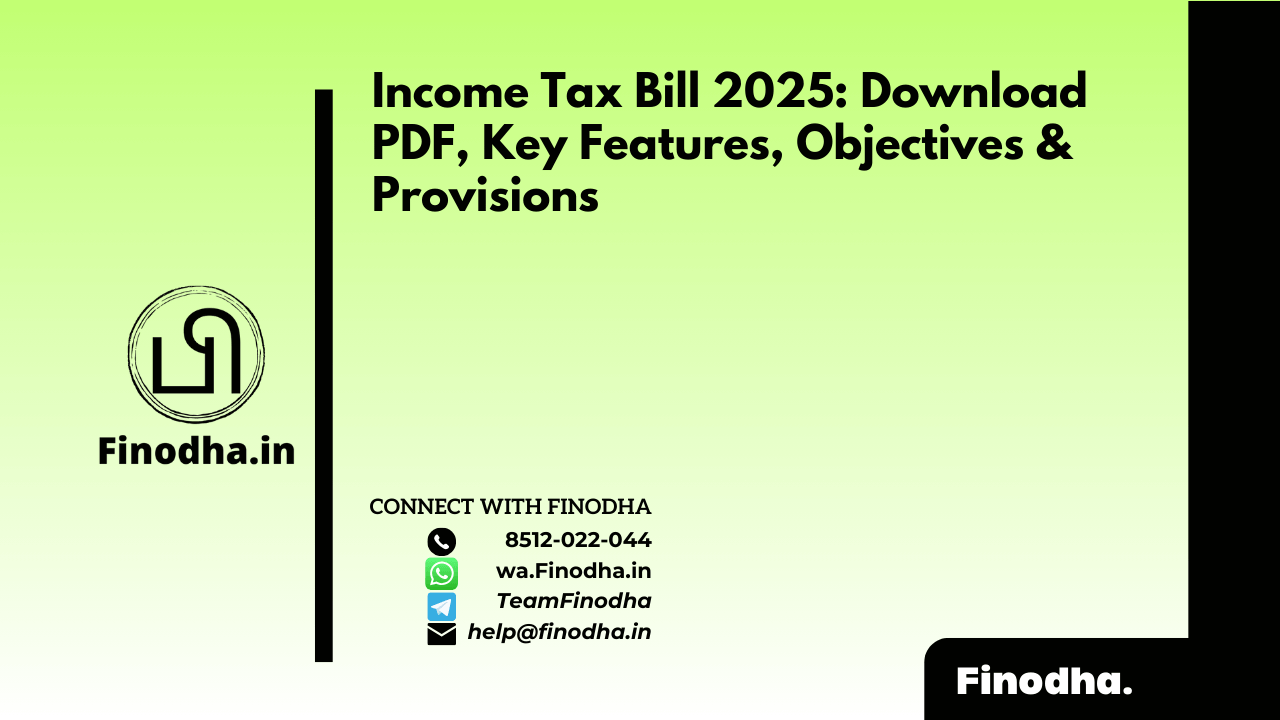Important Keyword: Income Tax, Tax Benefits, Tax Benefits for Senior Citizens.
Table of Contents
Tax benefits for Senior Citizen and Super Senior Citizen
As individuals approach their retirement years, securing a reliable source of income becomes paramount. Recognizing this, the government has introduced several incentives aimed at providing tax relief to senior citizens. Senior and super-senior citizens typically derive income from various sources such as pensions, fixed deposits, interest on savings, rental income, and more. This article aims to elucidate the different facets of tax benefits available to senior and super-senior citizens.
Senior citizens, typically those aged 60 years or above but below 80 years, are eligible for specific tax concessions under the Income Tax Act. These concessions include higher exemption limits for income tax, allowing them to retain more of their income. Additionally, they benefit from reduced tax rates on specified incomes, ensuring a lighter financial burden in their retirement years.
Super-senior citizens, aged 80 years or above, enjoy even more substantial tax benefits. They often have higher exemption limits and may qualify for additional deductions, making their income more tax-efficient. These measures are designed to support elderly individuals in managing their finances and maintaining a comfortable standard of living during their retirement.
Tax Benefits available to Senior and Super Senior citizens
Senior citizens and super senior citizens in India enjoy a range of tax benefits designed to support their financial well-being during retirement. Here’s a detailed overview of these benefits:
Standard Deduction
Senior citizens (aged 60-80 years) with pension income can claim a standard deduction of INR 50,000 from their taxable income. This deduction is applicable if pension income is categorized under Salary Income while filing Income Tax Returns (ITR).
Exemption on Interest Income (Section 80TTB)
Senior citizens can claim a deduction on interest income up to INR 50,000 from various sources:
- Interest from bank deposits (savings, fixed deposits, recurring deposits)
- Interest from co-operative society deposits
- Interest from Post Office deposits (savings, NSC, Senior Citizens Savings Scheme, Time Deposits, 5-year recurring deposits, and monthly income schemes)
If the interest income exceeds INR 50,000, TDS (Tax Deducted at Source) is applicable. However, senior citizens can submit Form 15H to avoid TDS deduction. This deduction is available only under the Old Tax Regime.
Exemption on Health Coverage and Medical Expenditure (Section 80D and 80DDB)
Under Section 80D, senior citizens can claim up to INR 50,000 as a deduction on health insurance premiums paid, enhancing their health coverage scope. Additionally, under Section 80DDB, a deduction of INR 1,00,000 is available for expenses incurred on specified diseases. These deductions are applicable only under the Old Tax Regime.
No Advance Tax Requirement
Senior and super senior citizens are exempt from paying advance tax if their income does not include earnings from business or profession. They only need to pay Self-Assessment Tax after calculating their final tax liability for the financial year.
Exemption from ITR Filing
Senior citizens above 75 years are not required to file Income Tax Returns (ITR) if:
- Their income comprises only pension and interest income from the same bank where they receive pension.
- They have submitted a declaration to the bank (under section 194P) for TDS deduction on interest income.
Offline ITR Filing for Super Senior Citizens
Super senior citizens (above 80 years) have the option to file their ITR offline for ITR-1 and ITR-4 forms, providing them with convenience in tax compliance.
Exemption on Reverse Mortgage
Senior citizens can benefit from tax exemptions under the reverse mortgage scheme. This scheme allows them to mortgage their property and receive periodic payments, which are exempt from taxation. They retain ownership of the property as long as they reside in it.
Income Tax Slab Rates under Old Regime
For Senior Citizens
| Income (INR) | Tax Rate | Health & Education Cess |
| up to 3,00,000 | Nil | Nil |
| 3,00,001 to 5,00,000 | 5% | 4% |
| 5,00,001 to 10,00,000 | 20% | 4% |
| more than 10,00,000 | 30% | 4% |
For Super Senior Citizens
| Income (INR) | Tax Rate | Health & Education Cess |
| up to 5,00,000 | Nil | Nil |
| 5,00,001 to 10,00,000 | 20% | 4% |
| more than 10,00,000 | 30% | 4% |
Surcharge for Senior and Super Citizens
| Total Income (INR) | Rate |
| > 50 Lakhs | 10% |
| > 1 Crore | 15% |
| > 2 Crore | 25% |
| > 5 Crore | 37% |
Income Tax Slab Rates under New Regime
Under the new tax regime, the health and education cess as well as surcharge rates will remain the same. The only changes are for income slabs and tax rates.
| Income (INR) | Tax rate |
| up to 2,50,000 | Nil |
| 2,50,001 to 5,00,000 | 5% |
| 5,00,001 to 7,50,000 | 10% |
| 7,50,001 to 10,00,000 | 15% |
| 10,00,001 to 12,50,000 | 20% |
| 12,50,001 to 15,00,000 | 25% |
| more than 15,00,000 | 30% |
Read More: PM CARES Fund – A Complete Guide
Web Stories: PM CARES Fund – A Complete Guide
Official Income Tax Return filing website: https://incometaxindia.gov.in/




